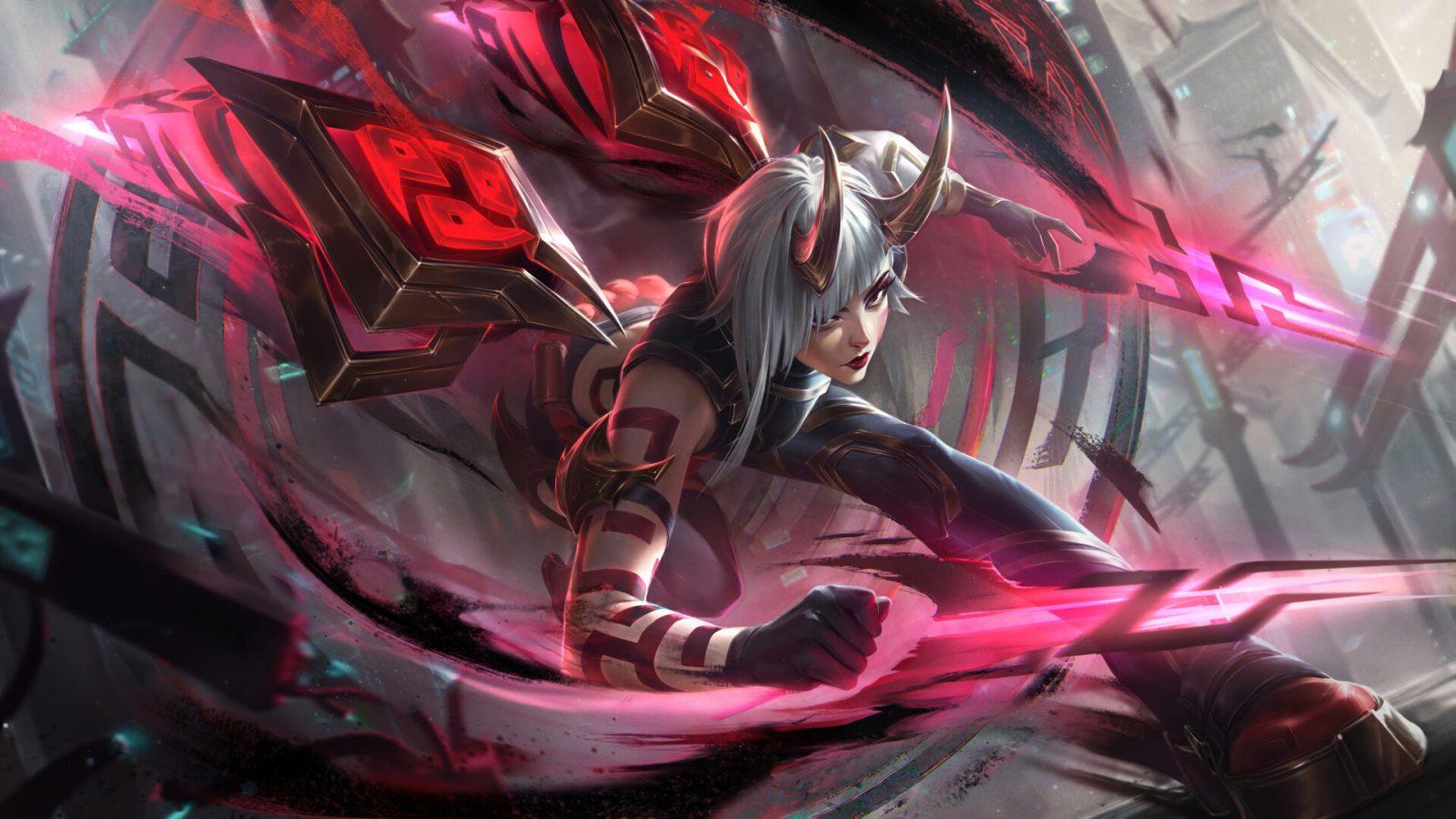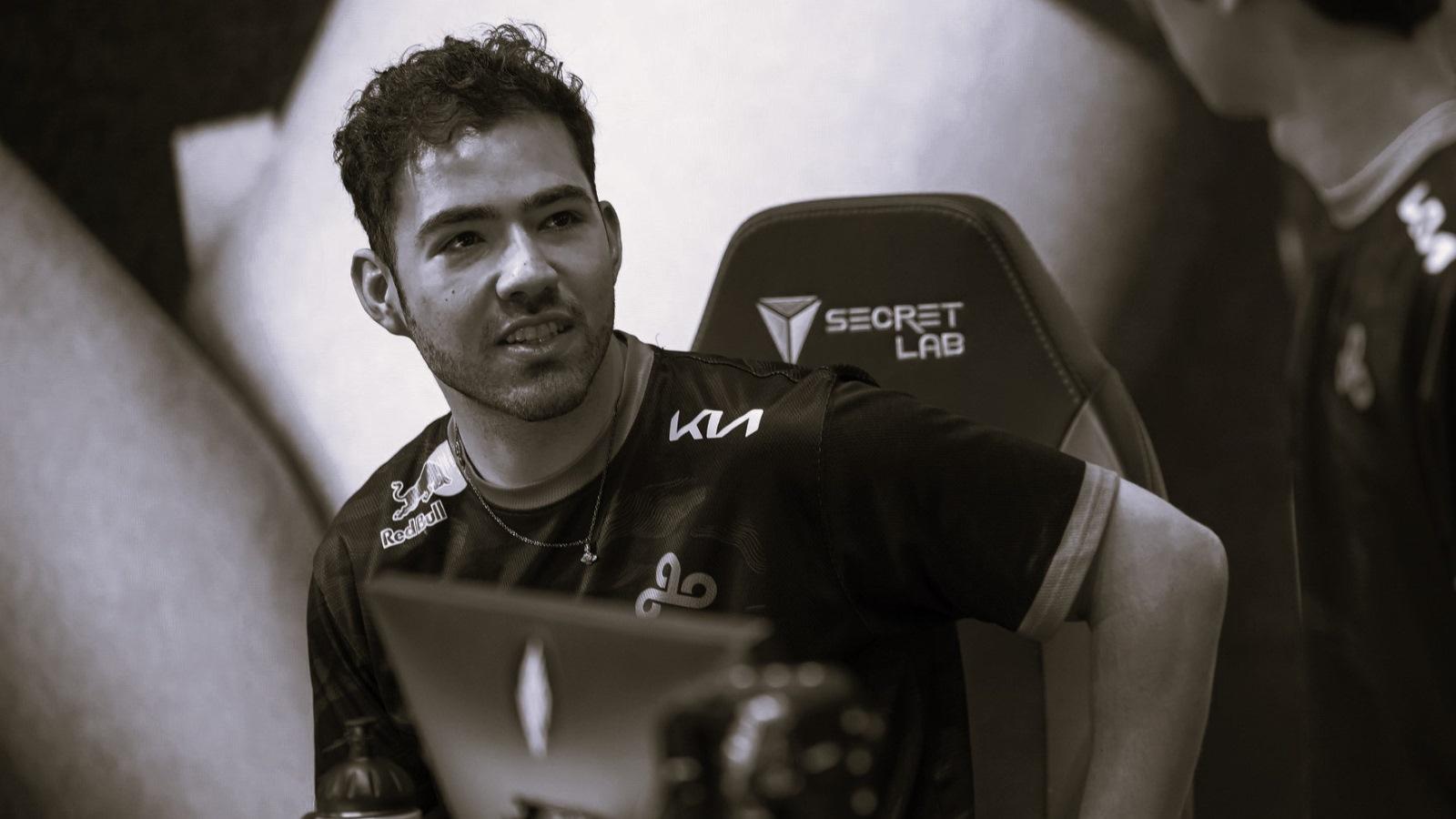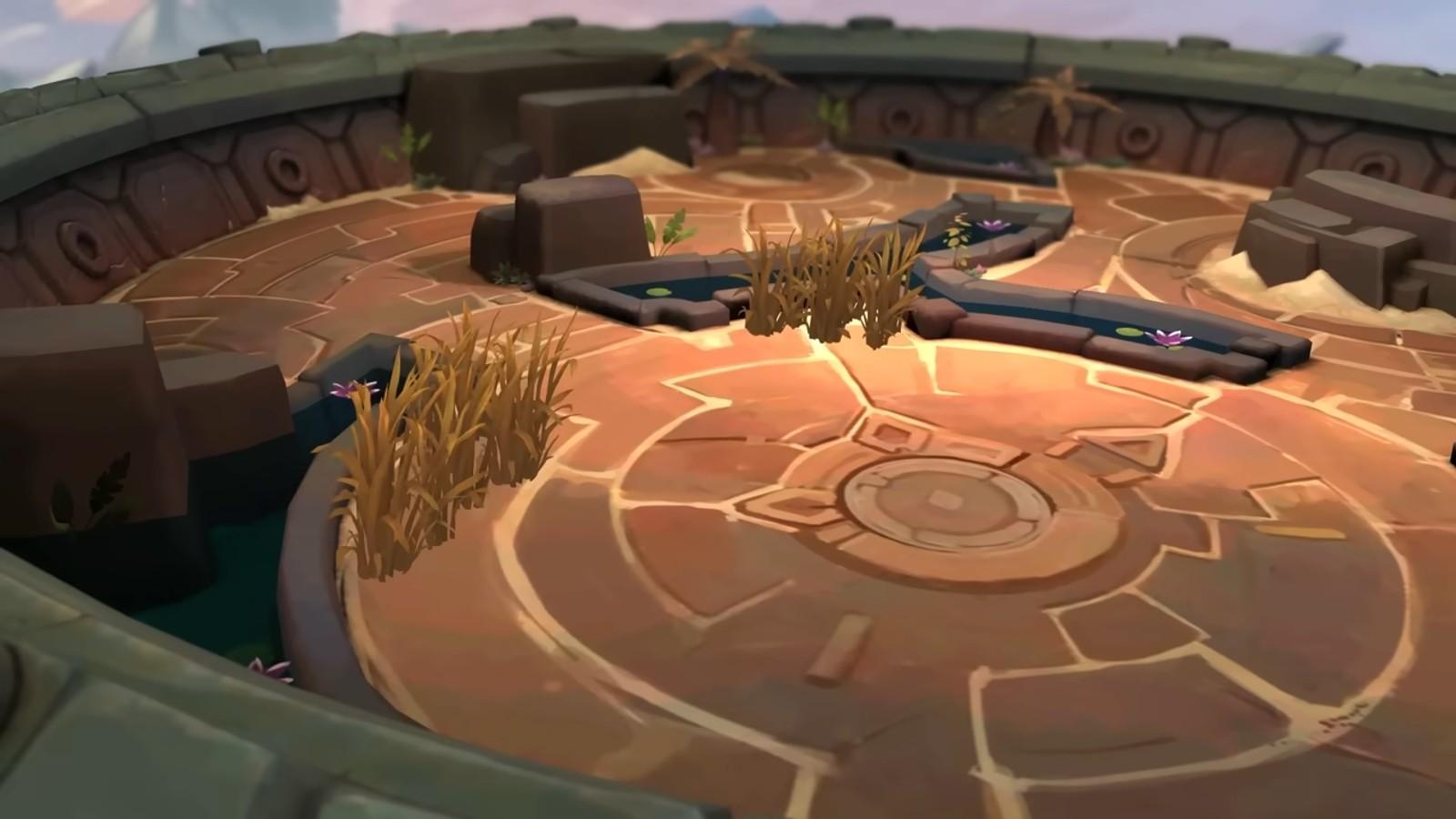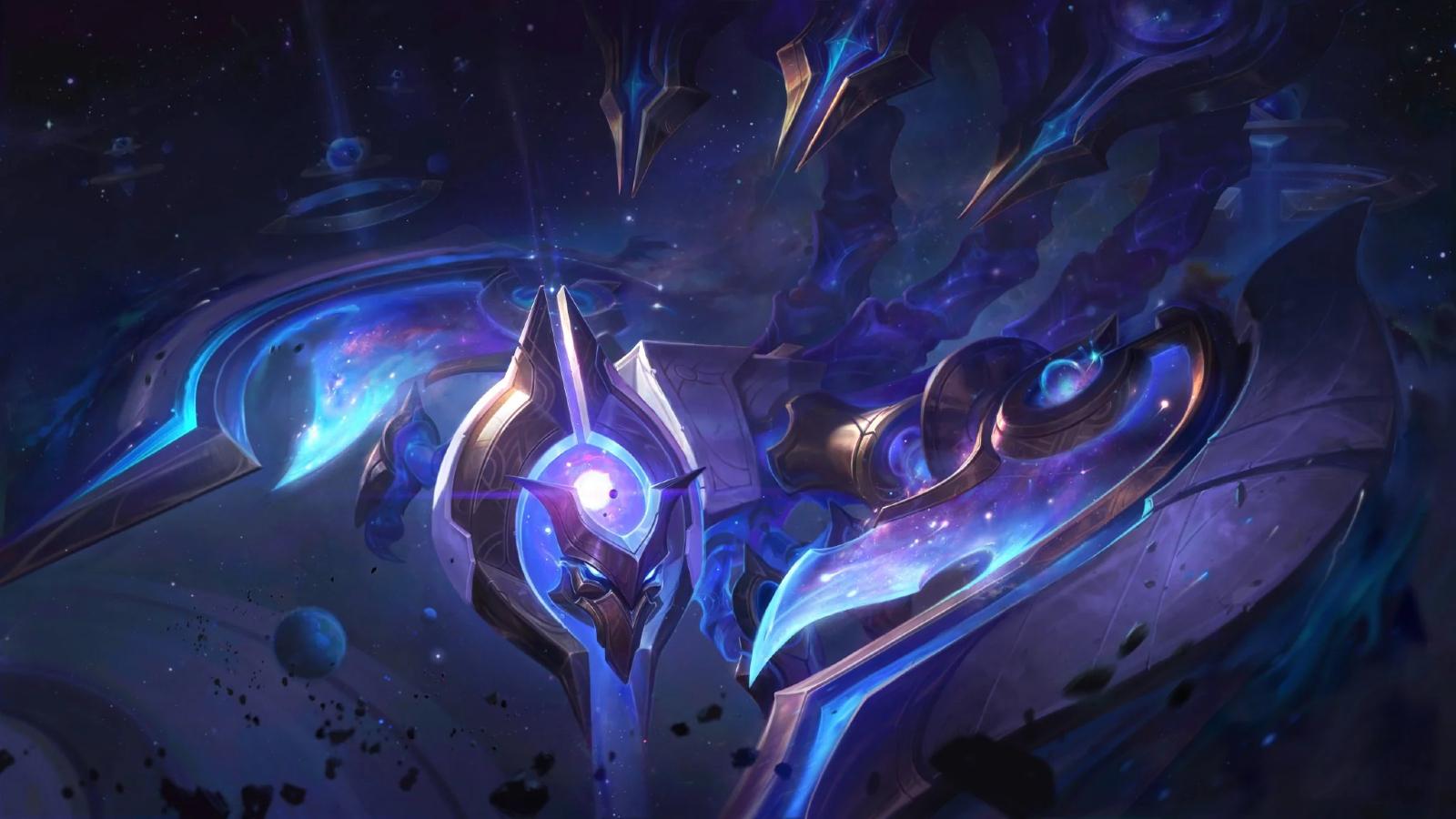Thorin: The rise and fall of Froggen’s super-team
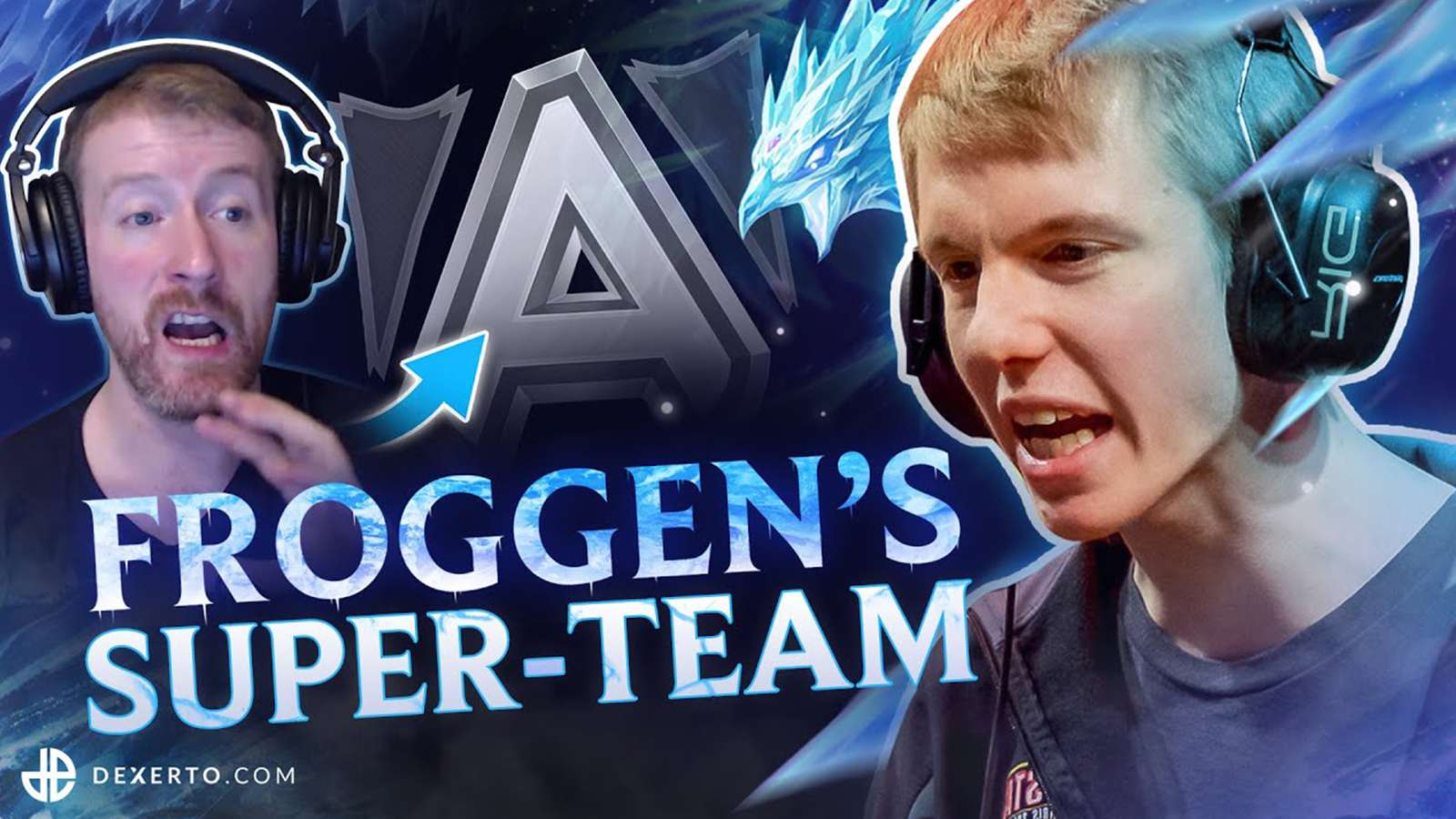
Froggen is an iconic mid laner in League of Legends history and was one of the best in the world from 2012 to 2014, spanning seasons two to four.
His peak during the LCS era came with Alliance in Season 4. That year, he won the MVP award in the Spring, continued his two-year-long streak of making at least the semi-finals of the competition, and became an LCS champion in what was to that point the most dominant split in history, qualifying for the World Championships.
Alliance’s infamous failure at Worlds and subsequent downfall going into the ‘Elements’ rebrand left many soured on this year though, and what had been labeled “Froggen’s Super-Team.”
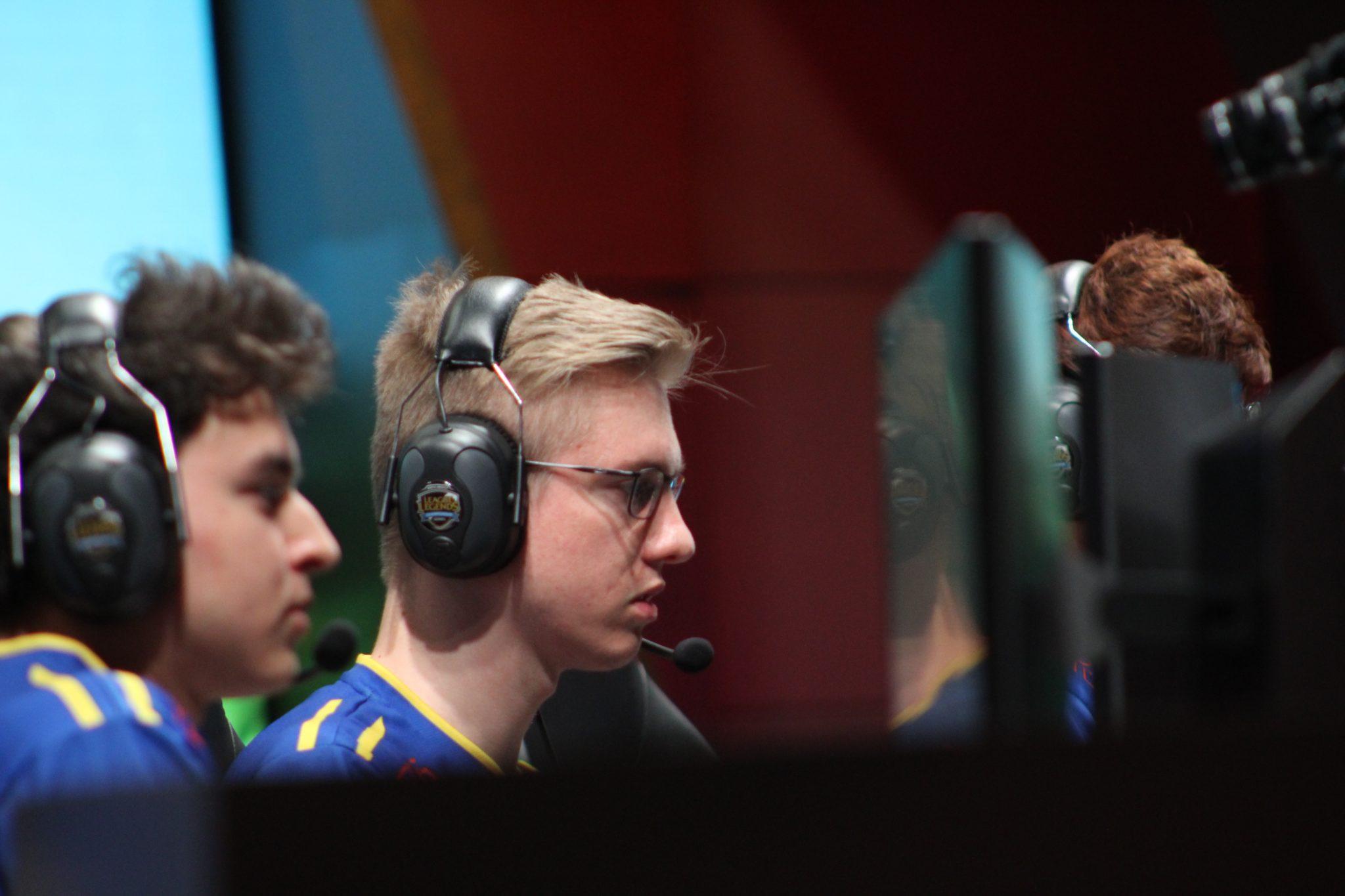
[ad name=”article1″]
Upon entering the professional scene in 2012, Froggen quickly rose to prominence as a prodigious talent, at one point being considered by some experts as the best player in the world. His team, Counter Logic Gaming Europe, were one of the best in the game having beaten the seemingly invincible Moscow Five, and made the final of OGN Champions Summer in Korea and reaching the semi-final of the Season 2 World Championship.
2013 was far less kind to the team, though. Moving to the Evil Geniuses organization, the CLG.EU of 2012 seemingly never arrived. Finishing 3rd and 4th over their two initial LCS splits, with some rough moments along the way, they were not true contenders for the title and failed to qualify for the World Championship by a single game.
Froggen himself was still an elite player, but most of his team-mates had seen their impact and performance level drop off heavily, and none were considered among the best in their roles by the end of the Summer.
The Evil Geniuses organization recognized Froggen as the crown jewel of their team and backed him to scout players he wanted to play with in a new European line-up. Three of his former team-mates would cross the Atlantic to play under the Evil Geniuses brand again in the NA LCS. Only Wickd remained.
A famously diligent solo queue player, Froggen spent the offseason grinding hours and trying out talent for his prospective team, already code-named “Froggen’s Super-Team” by the community and other pros.
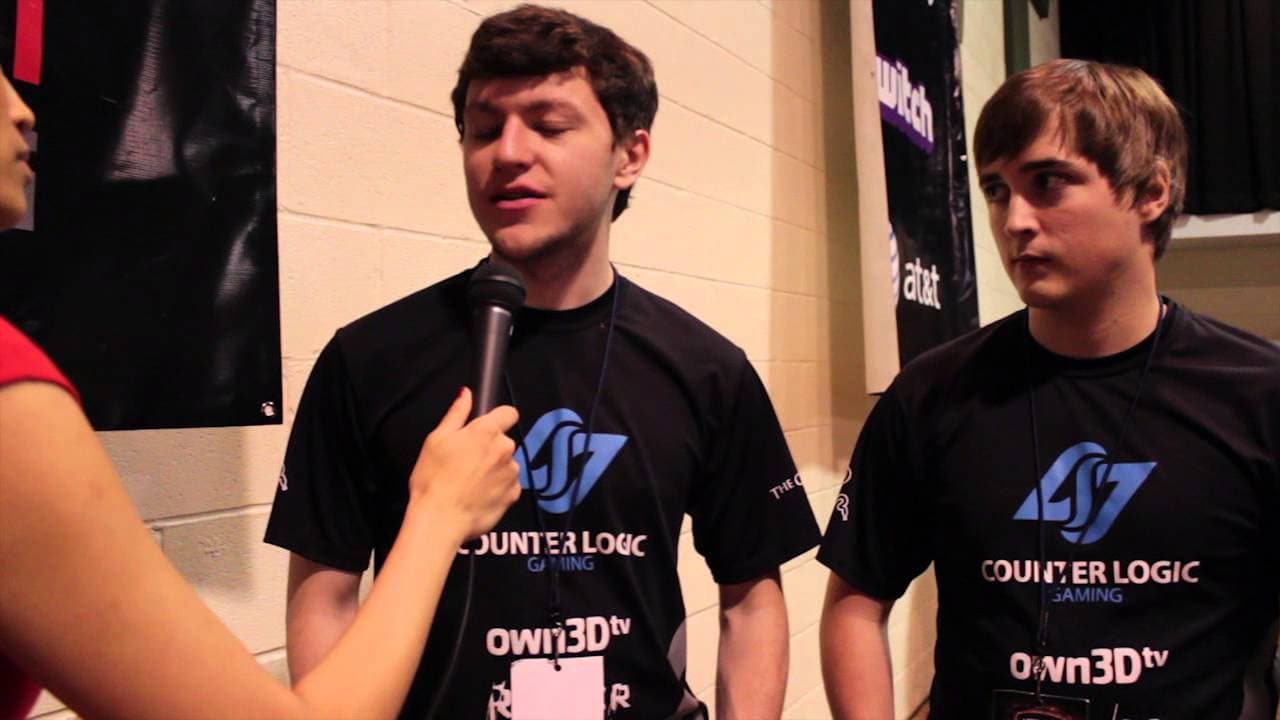
[ad name=”article2″]
The initially proposed line-up brought Jungler shook in, who had been a monster in solo-queue games with his strong mechanics. The Dutchman had been banned from Season 3 due to bad behavior in public play. Going from Snoopeh, who had always been a support-style Jungler and did not play the carry champions, it is easy to see why Froggen pivoted to a mechanical beast in the role. Jungle-Mid synergy had been especially key in Season 3.
In the bottom lane, the big name was Edward, previously known as Gosu Pepper. Another mechanically talented player, Edward had built his name with Moscow Five, where the team had once been the best in the world, and never placed below fourth at an offline tournament with him. Famously paired with the bizarre AD Carry savant Genja, Edward’s style had always clashed with his bot lane partners and so he had sought new challenges, initially going to the NA LCS with Curse before now returning to Europe and eyeing this new squad.
Edward wanted to play with Freeze, a duo-queue regular of his and one of the best ADC newcomers in the region. Freeze had proven himself a talent in Heimerdinger’s Colossi in the amateur scene and then become the starting ADC of Ninjas in Pyjamas in the Summer split.
Top lane was to be filled by Swede Jwaow, who had shown some potential playing with TCM Gaming in the amateur scene.
The only player from this talent pool to be secured for the eventual final line-up was Shook. Edward chose to rejoin his Russian team-mates in Gambit. Freeze was chosen by mithy to be the ADC for the new NiP “super-team” line-up. This team was expected to qualify for the LCS and be a strong contender, taking the core of the Lemondogs team which had finished 2nd in the previous split and gone to Worlds. With mithy having been the support of Freeze in Heimerdinger’s Colossi and Tabzz in Lemondogs, he had to choose which he wanted for this new line-up and went with the former. Finally, Jwaow was under contract with TCM Gaming and a deal was not worked out.
Froggen brought in former EG team-mate Wickd, who he had a good relationship with and had once formed a deadly solo lane dynamic with.
Tabzz, having been the loser for mithy’s affections, came as in ADC. The Support to round out the line-up would be Nyph, formerly of SK Gaming and an under-rated name to that point. He had hard carried SK through the promotion series against SHC prior to being picked up.
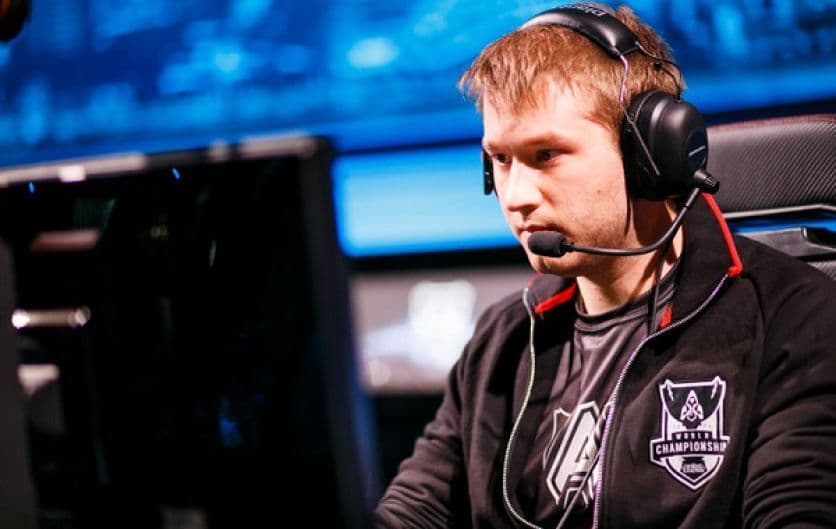
[ad name=”article3″]
Going into the Spring Split of Season 4, there was much fanfare surrounding Alliance and the potential of a Froggen line-up, in which he was unleashed from what were seen as bad team-mates and able to play with players he had hand-picked. At a minimum, Alliance were expected to be contenders.
The opening “super week,” in which four games were played as opposed to the usual two, Alliance crashed immediately with losses in all four games to rank dead last in the standings. Recovering somewhat, the squad would achieve a 50% win-rate over the following six weeks. Week two they won both of their games. Week three they lost both. Week four they won both. Week five they lost both. Weeks 6 and 7 they split games.
At the end of Week 7, Alliance were sat in 7th place, second to last in the rankings and many had written them off as a failure. At the end of week 3, they had been 2-6 in the games they had played.
Most puzzling of all was that Alliance players themselves, and their peers in the league, stated publicly and privately that in practice play the team was one of the most deadly, often ending games absurdly early. In LCS though, they played differently and found the opposition’s level far more troubling.
This Gordion Knot would remain unsolved no longer, though.
- Read More: Thorin: The Mystique of the Moscow Five
In Week 8, Alliance finally took flight for good and won all four games in this “super week,” launching them up to fourth in the rankings, with Froggen being named the week’s most valuable player.
Week 9 was a similar story, winning both games, moving into third place, with Froggen again winning Weekly MVP.
In Week 10, the second to last of the split, Alliance won all of their games again, Nyph took the weekly MVP award and the team had now hit the top of the standings. This 8 game winning streak had seen them beat Gambit twice, ROCCAT twice, SK, CW, and SHC twice. ROCCAT had been the top-ranked team at the time, Gambit likewise the following weeks and SK were in 2nd place at the time of Froggen and company’s victory. Alliance the championship contenders had firmly arrived and their potential from scrims was unleashed into the LCS.
In the last week of the split, the team went 2:2, dropping them to third seed for the play-offs and an overall record of 16-12. They had managed 5 winning weeks and only 3 losing weeks by the end. They didn’t finish with a losing record against any team, though they only had winning records against two.
Froggen was awarded the split MVP, having been the only player to win two weekly MVP awards and the clear carry force in his “super-team.”
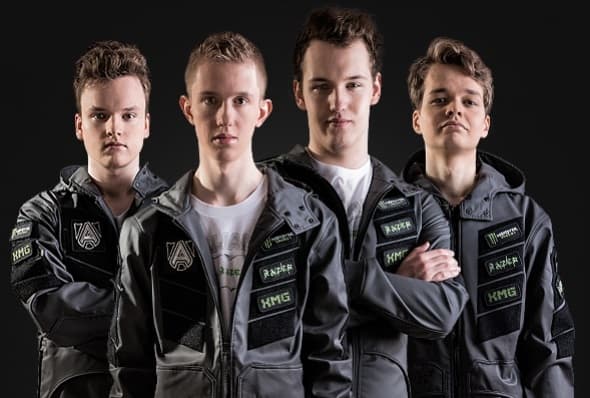
[ad name=”article4″]
In the play-offs, Alliance faced the Copenhagen Wolves of FORG1VEN and Amazing, one of the two teams they held a winning record against over the split. After a 2-1 series win, they move through to the semi-finals. Awaiting them were FNATIC, a team they had split games with during the regular portion of the season. Despite a strong game two carry win on Ziggs with a 9/1/6 scoreline, Froggen would see his men defeated, losing the deciding third game and failing to make his first LCS final.
In the third-place decider, a notoriously meaningless match under the circuit rules of the time where third place in Summer split was the path to the third Worlds seed, Alliance were beaten by newcomers ROCCAT of Jankos and VandeR. Fourth place in the split seemed a sobering wake-up from the dream of Alliance’s 8-game winning streak and top ranking one week prior to the end of the regular portion of the split.
No changes were made to the line-up coming into the Summer Split, and this time there would be no start. In the first week, they won three of their four games, and over weeks 2 and 3 they would not lose a game, reaching a 7-1 record. There would be a slight wobble in week four, splitting the two games, but from weeks 5 to 7 Alliance were flawless, winning all 6 games and hitting a 14-4 overall record, the best start to a split in LCS history.
Week 8 brought the lone losing week of the split as the team went 0-2, but the bounce-back was immediate and they would win 7 of 8 games to end the split. The final record for the regular portion of the split was 21-7, then amounting to the most dominant regular split in EU LCS history by win-rate. Alliance had recorded winning weeks in 9 of the 11 weeks and had held first place in the rankings for all 11, making them the first European team to ever accomplish that feat. With a 75% win-rate against all seven teams in the league, Alliance were poised to deliver upon the flashes of brilliance they had shown in the Spring. They had to get it done in the playoffs though if they hoped for their run to be remembered as historic.
In the semi-finals, Alliance faced SK Gaming, fourth seed for this Summer split but the top-ranked line-up at the end of the Spring Split and eventual runners-up. SK pushed Alliance, gaining early leads in a number of the games, but Froggen carried and led his team to a 3-1 win in the new Bo5 semi-final format, reaching the first LCS final of his career.
Facing him across the server would be the mighty FNATIC, three-time champions who had goneback-to-back-to-back, featuring both his rival for best European mid laner xPeke and the young Rekkles who was voted MVP of the split. Froggen and Alliance would capture revenge for the Spring semi-finals, winning this series in four games. Froggen’s stat line for the final would be 18 kills, only 5 deaths, and 23 assists, amounting to a KDA of 8.2.
With these 3-1 play-off series wins, Alliance had maintained their spectacular 75% win-rate against every team in the league. With their finals appearance, they had qualified for the Season 4 World Championship. Alliance had already delivered where Evil Geniuses had underwhelmed.
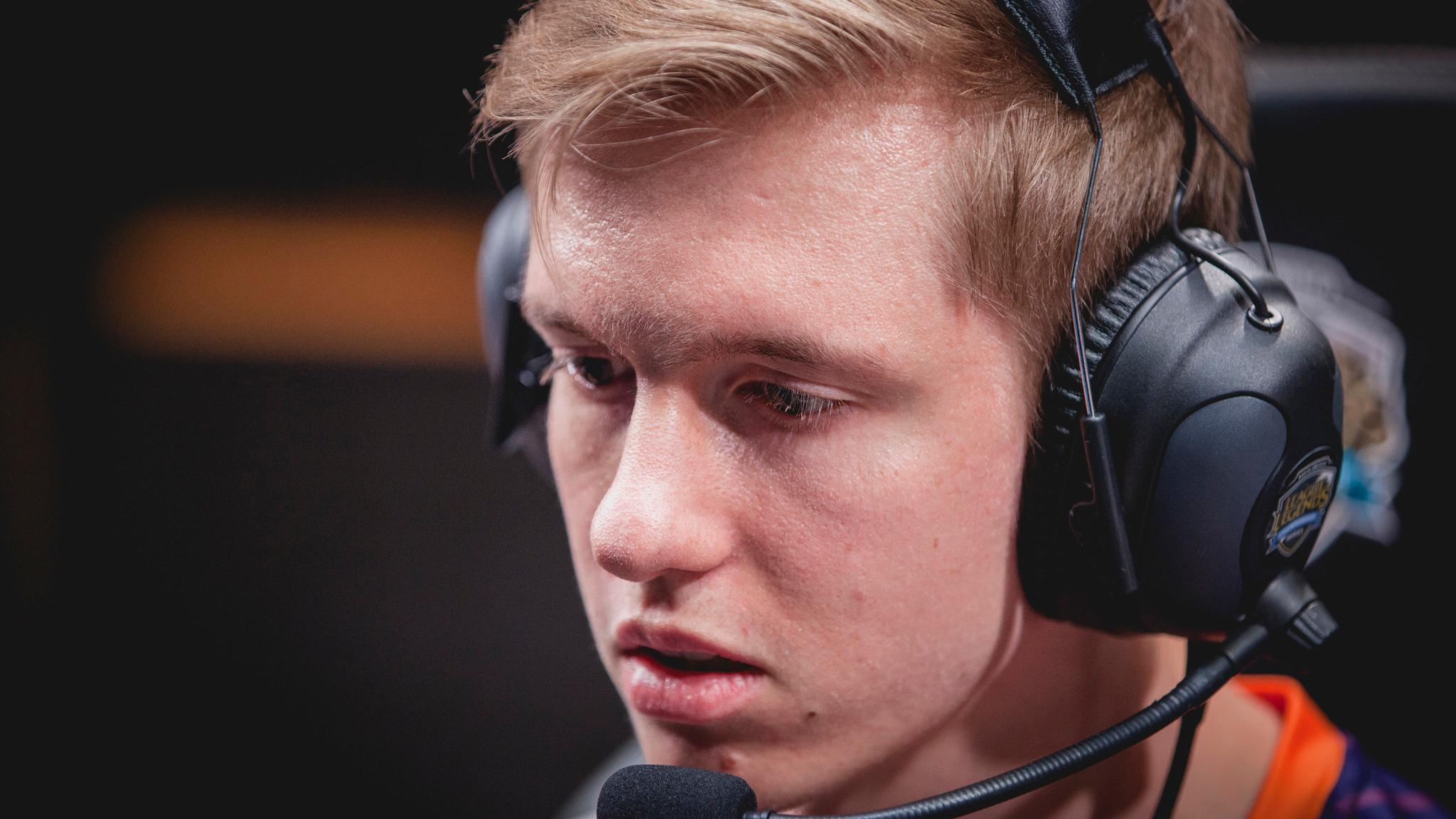
Heading into Worlds, expectations were high, but placed in Group D, Alliance drew a relatively challenging set of opponents. Cloud9 were the number two seed from NA, but famously good at macro, while NaJin White Shield were Korea’s number three seed, always a tricky prospect, and had been OGN finalists and powered through the gauntlet that year, including a victory over reigning World Champions SK Telecom T1. The last team was Brazil’s KaBuM e-Sports, Wild Card PAX qualifiers. Alliance were favored to progress to the play-offs, but neither C9 nor NaJin were to be overlooked.
Alliance repeated their form from the beginning of the year, starting slowly. They would lose their first game to C9 and NJWS, though the latter had them leading for most of it and looking en route to a perfect game only to run out of time with their win conditions. Beating KaBum meant little, as the primary challenge was the other two teams.
Alliance’s form exploded with a win over Cloud9 and then a highly impressive shutdown performance against NaJin, completing the perfect game quest to beat the Koreans. Sat at a 3-2 record, Alliance had merely to beat the wild cards KaBum and they would enter the play-offs. Legend has it the Alliance players did not take this final game seriously and their draft was bizarre. In one of the most notorious upsets in LoL history, they were defeated by the Brazilians and their play-offs hope called into question. Still, as long as NaJin beat Cloud9, which they had done previously, Alliance would at a minimum force a tie-breaker with the North American side, both being at a 3-3 standing and 1-1 in the head-to-head.
But when it rains, it pours, and Cloud9 beat NaJin, ensuring the only tie-breaker would be their own to battle for the top seed. Alliance had been eliminated from the world championship in 9th-12th place. The “super-team” had failed in their grandest goal.
The super-team woes increased after all, with Tabzz being kicked, effectively blamed for the Worlds failure, and Rekkles recruited from FNATIC, who had also been eliminated in the group stage. With the two MVPs of the year united, Alliance looked even more super-charged, but would only finish top four at IEM San Jose, losing to Cloud9 in the semi-finals there. The following year the team would be rebranded as Elements and their game rebranded as terrible, failing to make any kind of meaningful impact on the league, eventually becoming irrelevant beyond their big names, many of which were now waning.
Alliance had been the strongest team mechanically in the entire West, with no real weak spot in that regard, but had proven the folly of maxing out one stat at the expense of others. When they did not roll over the opposition entirely or get a carry performance out of Froggen, they could be remarkably brittle mentally, as seen at times in all of the competitions they played in and lacked an extra gear as far as shot-calling was concerned.
Sure, they weren’t exactly the “Super Team” Froggen had originally envisioned, but at times they had lived up to the moniker, only for their failures to eventually taint some exceptional feats and moments of glory.
